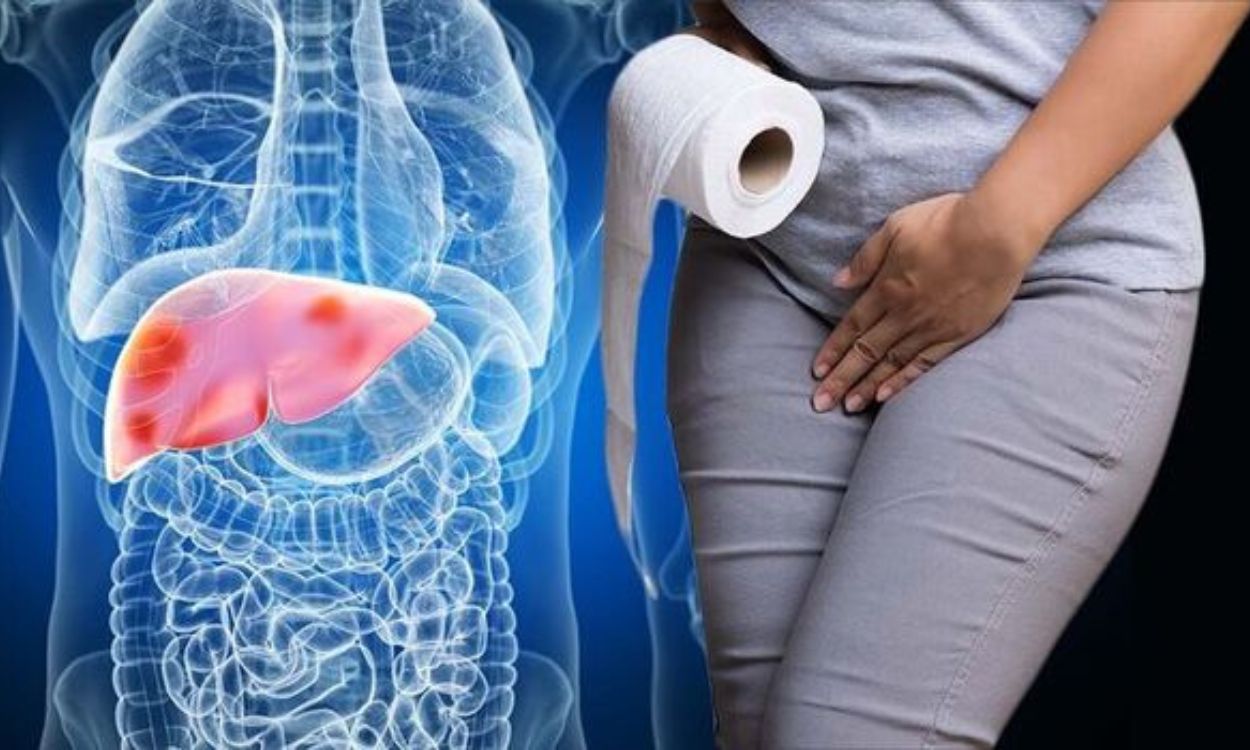Unlocking the Connection: Can Fatty Liver Impact Your Urinary System?
Fatty liver disease, often termed as hepatic steatosis, is a common condition where excess fat builds up in the liver. While it is frequently discussed in relation to liver health, there is growing interest in understanding its potential effects on other organ systems, including the urinary system. This article delves into the possible impacts of fatty liver on the urinary system and provides insights tailored to the Indian audience, emphasizing the importance of holistic health management.
Understanding Fatty Liver Disease
Fatty liver occurs when the liver processes and stores fats inefficiently. In India, lifestyle factors such as diet, physical inactivity, and increasing prevalence of obesity have contributed to a rise in cases. While often asymptomatic, fatty liver can sometimes progress to more severe liver conditions.
How the Urinary System Works
The urinary system, comprising the kidneys, ureters, bladder, and urethra, plays a crucial role in filtering waste products from the blood, balancing fluids, and regulating electrolytes. Any disruption in this system can lead to significant health issues.
The Connection Between Fatty Liver and the Urinary System
1. Metabolic Syndrome Link: Both fatty liver and urinary system disorders can be components of metabolic syndrome, a cluster of conditions including hypertension, diabetes, and obesity. These conditions can independently contribute to kidney damage and affect urinary functions.
2. Inflammation and Oxidative Stress: Fatty liver is associated with increased inflammation and oxidative stress in the body. These factors can potentially affect kidney tissues, leading to disorders such as chronic kidney disease (CKD).
3. Impaired Blood Flow: As fatty liver progresses, it may lead to liver fibrosis and cirrhosis, impacting the overall blood circulation in the body. This can reduce blood flow to the kidneys, impairing their ability to filter blood effectively.
4. Hormonal Imbalances: The liver plays a crucial role in metabolizing hormones. Fatty liver can disrupt this function, leading to imbalances that can affect the kidneys and the urinary system’s regulation mechanisms.
Importance of Early Detection
Recognizing the signs of fatty liver and understanding its potential impact on other organ systems can be vital. Regular health check-ups, liver function tests, and ultrasound scans can aid in early detection and effective management.
Lifestyle Modifications: A Key to Prevention
For the Indian population, dietary adjustments, regular physical activity, and weight management are crucial in preventing and managing fatty liver. Traditional Indian diets are rich in carbohydrates and fats, necessitating moderation and balanced nutrition. Incorporating whole grains, fresh fruits, vegetables, and lean proteins can make a significant difference.
Fitpaa: Your Partner in Health
At Fitpaa, we believe in empowering individuals to take control of their health through personalized solutions. Our AI-driven metabolism monitoring and management technology provides tailored health plans designed to optimize your body’s functions holistically.
By downloading the Fitpaa app, you gain access to a team of experts, including fitness planners, nutritionists, and doctors, who collaborate to create a comprehensive health strategy. Whether your goal is weight loss, improved fitness, or disease management, our Fitpaa Capsule offers a 100% guarantee on achieving your health and fitness aspirations.
Experience the Transformation
Join over a lakh users who have transformed their lives with Fitpaa. Begin your journey towards a healthier future with our risk-free trial. Your well-being is our mission, and we are committed to supporting you every step of the way.
This blog aims to educate readers about the potential connections between fatty liver disease and the urinary system while encouraging them to engage with Fitpaa for holistic health solutions.









